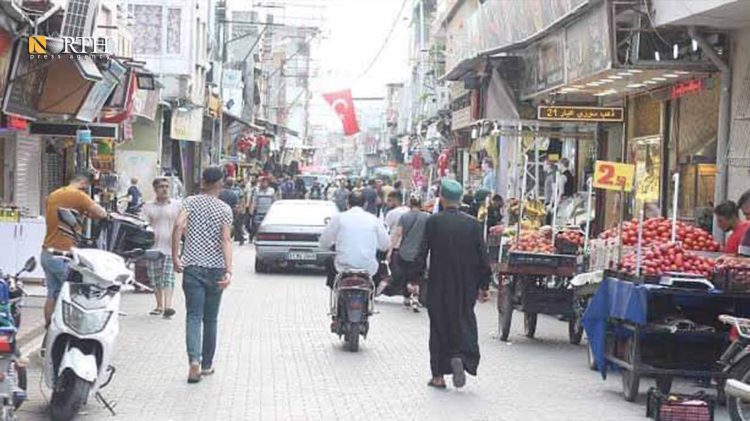As the presidential election approaches, the treatment of Syrian refugees has become one of the most contested issues between Turkey’s ruling Justice and Development Party (AKP) and the various opposition parties vying for the presidency.
To date, more than 193,293 Syrians have become Turkish citizens, Interior Minister Süleyman Soylu said in February.
Syrian refugees who do not hold citizenship are in danger of deportation. Uncertain about future policies and with the election looming, some of them have stopped thinking about making investments or purchasing nicer homes out of fear of losing their savings if they are subsequently deported.
Maaz Ibrahimoğlu, a Turkish journalist, told North Press that in the upcoming elections, the anti-refugee positions of Turkish opposition parties would work against Syrians.
Read Also: Turkey Government and Opposition Compete to Deport Syrians
The ruling AKP, led by President Recep Tayyip Erdogan, “will not lift a finger when it sees that anti-Syrians voices prevail everywhere,” Ibrahimoğlu stated.
“I think that the anti-Syrian policy will have a big role in the vote,” he added.
“The Turkish authorities will not deport all Syrians but may deport some of them to please the Turkish voters,” the journalist explained.
Legitimate fears
Ghazwan Kurnful, director of the Syrian Lawyers Association in Turkey, identified two key changes in the Turkish policy towards Syrian refugees.
Kurnful explained that the first change is political and related to the process of aligning Turkey with the emerging regional approach, which aims to reintegrate the Syrian government into full diplomatic relations between Arab and regional governments.
The second, however, “is electoral, meaning that Turkey wants to withdraw, or at least reduce, the [Turkish] opposition’s ability to play the refugee card in the upcoming election,” according to Kurnful.
It lies on Turkey’s current government to find a compromising solution that reconciles the refugees’ deportation fears with the Turkish public’s rejection of their presence, the Syrian lawyer said.
He holds that the Syrians’ fears in this context are legitimate, especially since anti-Syrian statements made by the government are accompanied by a systematic policy pressuring the refugees to return to Syria.
According to Kurnful, the displacement of the Syrians will be the goal of the Turkish opposition and the government alike.
Weakest link
Ahmed Qate’, a human rights activist in refugee affairs, said that the Syrian refugees, after recent statements by Turkish officials, were in an “unenviable situation now.”
“The closer the presidential elections are, the more severe the statements and restrictions on the Syrian refugees because they are the weakest link,” Qate’ told North Press.
Qate’ explained that in light of prevailing anti-Syrian sentiment among the Turkish electorate, the “Syrian refugee card” has become a tool to win votes, making the Syrian refugee the only victim in the end.
This article was edited by The Syrian Observer. The Syrian Observer has not verified the content of this story. Responsibility for the information and views set out in this article lies entirely with the author.


